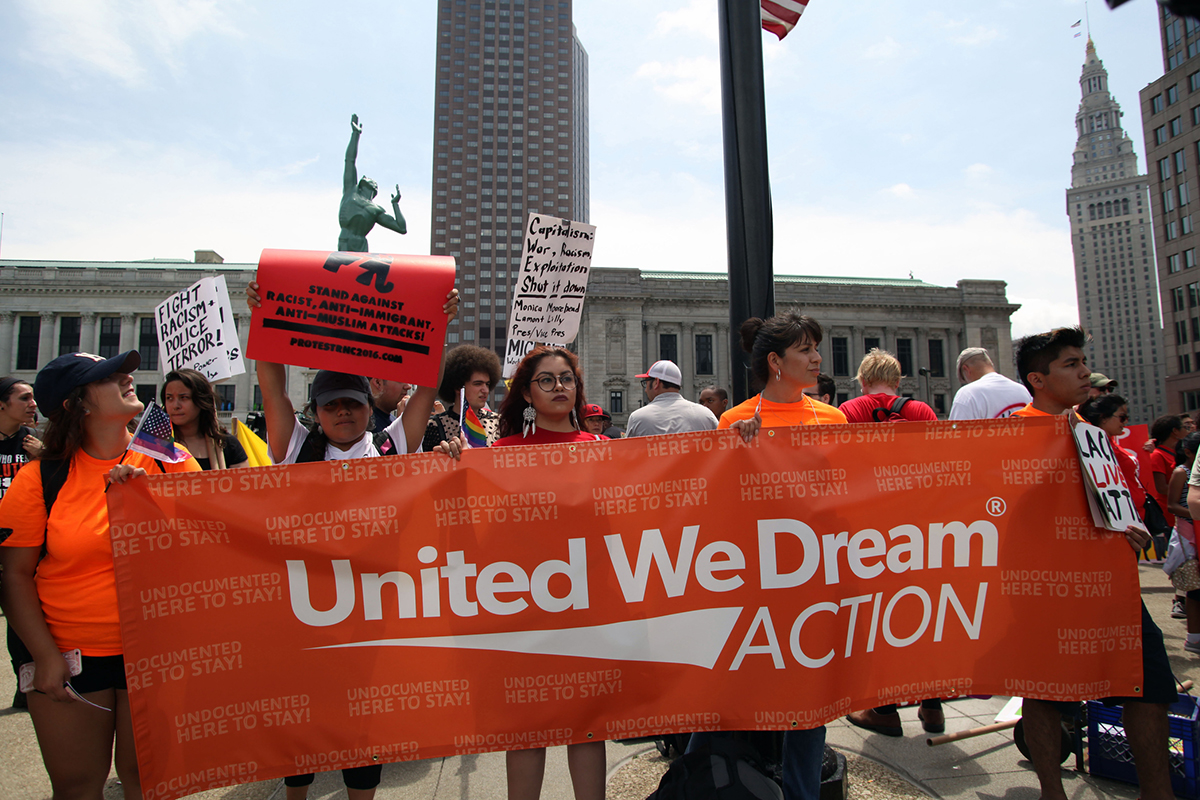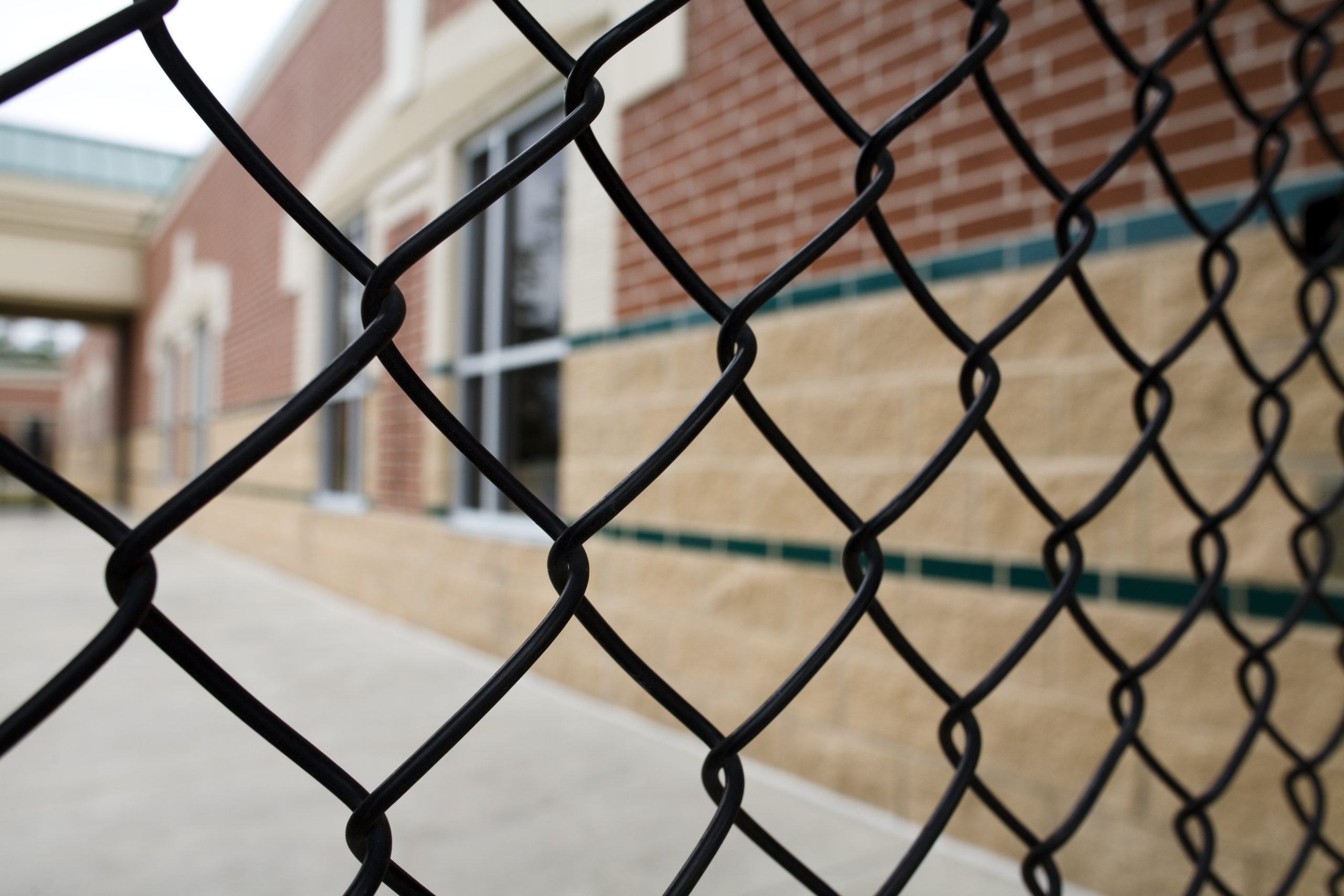On June 18, 2020, the U.S. Supreme Court held in a 5-4 decision in University of California v. U.S. Department of Homeland Security that the Trump administration may not immediately proceed with its plan to end the Deferred Action for Childhood Arrivals (DACA) program. The DACA program was implemented in 2012 and offered work authorization and a renewable two-year reprieve from deportation to unauthorized immigrants who were brought to the United States as children and met specific eligibility requirements. The Court’s decision was based on narrow administrative grounds and did not determine the legitimacy of the DACA program, leaving the door open to future challenges that seek to end DACA.
On July 28, the Acting Secretary of Homeland Security issued a memo again limiting the DACA program, and on Aug. 21, a follow up implementation memo from U.S. Citizenship and Immigration Services Deputy Director for Policy Joseph Edlow was published. Among other provisions, the memo provides guidance to USCIS as follows:
- USCIS will reject any new DACA applications from undocumented immigrants who have never before received a grant of DACA.
- USCIS will continue to decide DACA renewal applications, but will only grant requests for DACA and associated employment authorization for a period of no more than one year.
- USCIS will allow previous two-year grants of DACA and associated employment authorization to remain undisturbed during their existing two-year validity periods.
CSBA’s Education Legal Alliance (ELA) joined two amicus briefs in 2017 and 2018 in the consolidated court cases against the Trump administration’s decision to end DACA, arguing that ending the DACA program will have a chilling effect on school attendance and completion, diminish the ability of public schools to meet their constitutional obligation to educate all students regardless of immigration status, and exacerbate teacher shortages throughout the state. CSBA and the ELA continue to monitor the status of the DACA program, including whether this new round of regulatory limitations will be subject to legal challenge.





